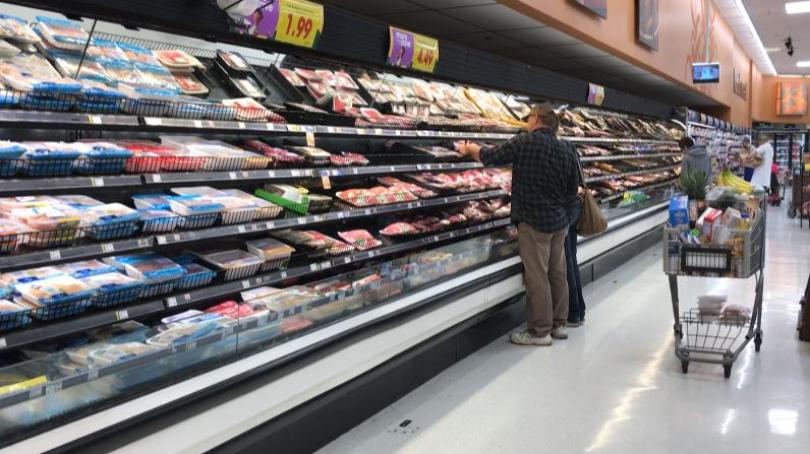Many meat processing plants in the United States and Canada have temporarily closed because of the spread of COVID-19. Many of these essential businesses have seen the spread of the virus amongst their workforce, leading to complete shutdowns or reduced production.
According to Reuters, a few large meat plants that have been affected are:
- Smithfield Foods, the world’s biggest pork processor, closed its Sioux Falls, SD plant indefinitely. This plant produces 4-5% of the nation’s pork. Their processing plant in Arnold, PA recently had six employees test positive for COVID-19.
- JBS USA said earlier this week it plans on temporarily shutting their beef plant in Greeley, CO until April 24th. This plant produces about 5% of the total U.S. daily consumption of beef.
- National Beef Packing Co suspended cattle slaughtering at their plant in Tama, IA after numerous employees tested positive for COVID-19.
- Tyson Foods Inc is keeping a hog slaughterhouse closed in Columbus Junction, IA after numerous cases of COVID-19.
According to the U.S. Food and Drug Administration website, “there are no nationwide shortages of food, although in some cases the inventory of certain foods at your grocery store might be temporarily low before stores can restock. Food production and manufacturing are widely dispersed throughout the United States, however; there is a significant shift in where consumers are buying food, because of the pandemic. While food use in large-scale establishments, such as hotels, restaurants, sports arenas/stadiums and universities suddenly declined, the demand for food at grocery stores increased. Some of the food products, including fresh foods and dairy products originally destined for food establishments that are now closed, is being diverted to retail or other settings in the community.”
That being said, one positive fact from the website regarding whether or not the U.S. food supply is safe, “currently there is no evidence of food or food packaging being associated with transmission of COVID-19. Unlike foodborne gastrointestinal (GI) viruses like norovirus and hepatitis A that often make people ill through contaminated food, SARS-CoV-2, which causes COVID-19, is a virus that causes respiratory illness. Foodborne exposure to this virus is not known to be a route of transmission.”




